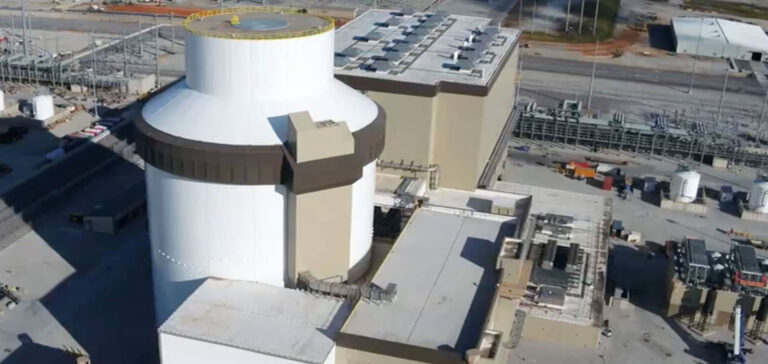Bulgaria approves construction of US AP1000 nuclear reactors. This decision marks a major turning point for the country, freeing it from its energy dependence on Russia, a problem that had become even more acute following the Russian invasion of Ukraine.
A crucial step towards energy independence
Bulgaria, long dependent on Russian energy supplies, has decided to diversify its energy sources. These two American reactors, with a combined capacity of 2,300 megawatts, will be built at the Kozlodoui nuclear site. Prime Minister Nikolay Denkov has announced that the first reactor will be operational by 2033. The second will follow two or three years later.
The challenge of replacing Russian energy
The Kozlodoui plant currently houses two Russian VVER units, supplying over a third of Bulgaria’s electricity. These units are licensed until 2027 and 2029, which means that the new reactors will play a crucial role in replacing this energy source.
A major investment
The Bulgarian government has allocated a substantial sum of 500 million leva (250 million euros) to initiate this project. This funding reflects the country’s commitment to diversifying its energy resources and reducing its dependence on coal, in line with European Union standards.
The end of an abandoned nuclear project
It should be noted that Bulgaria recently abandoned a nuclear power plant project on the Danube, near Kozlodoui, due to cost and profitability issues. This project would have involved the delivery of reactors by Russia, but was deemed unviable.
Energy diversification strategy
Bulgaria has stepped up its energy diversification strategy in recent months, introducing an exceptional tax on Russian gas transiting its territory. This measure is designed to reduce Gazprom’s profits and limit the funds flowing into the Kremlin’s coffers, a significant gesture in the current context of war in Ukraine.
Bulgaria, once largely dependent on Russia for its energy, is now looking to other sources of supply to ensure its energy independence and contribute to regional stability.






















